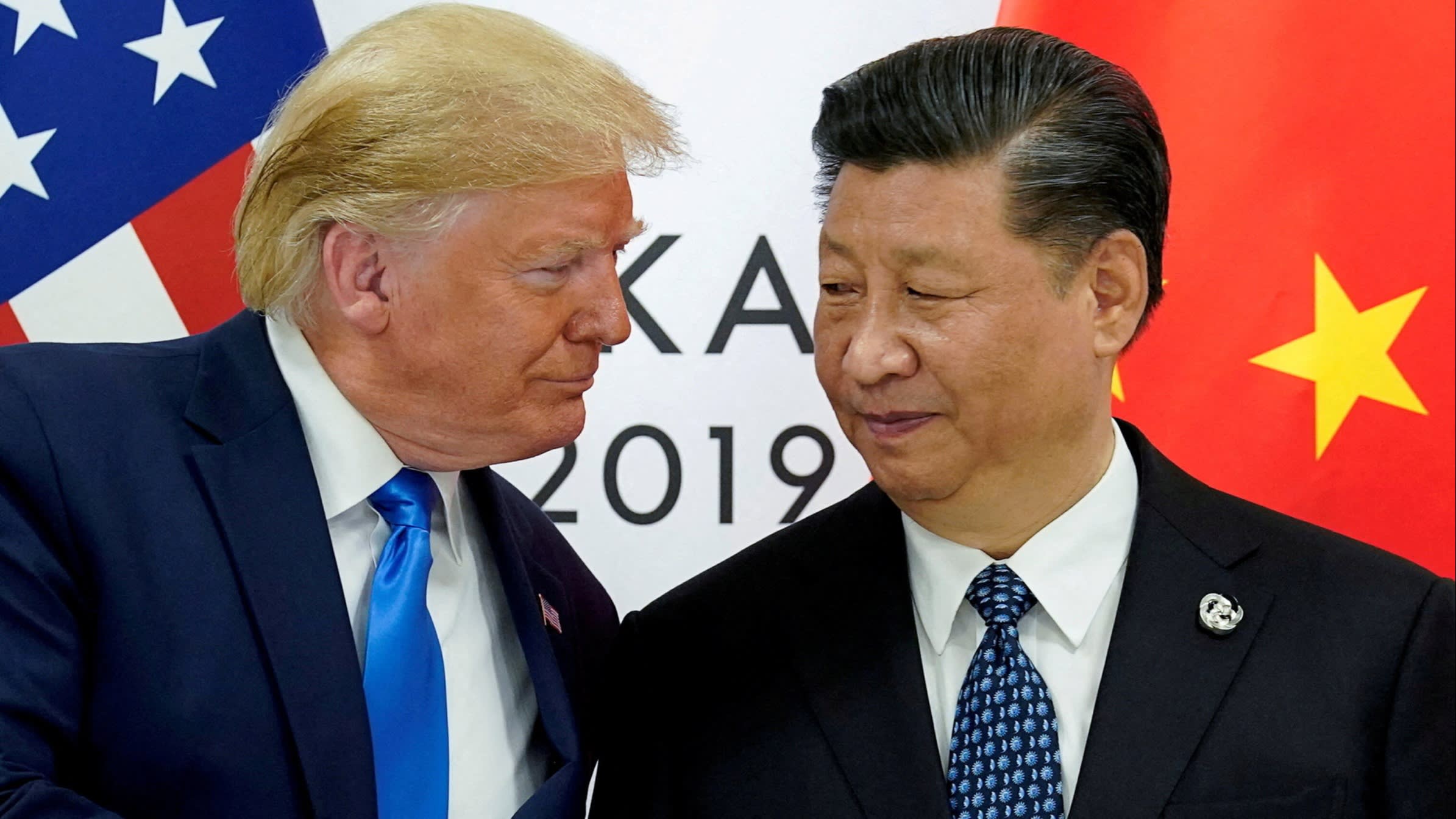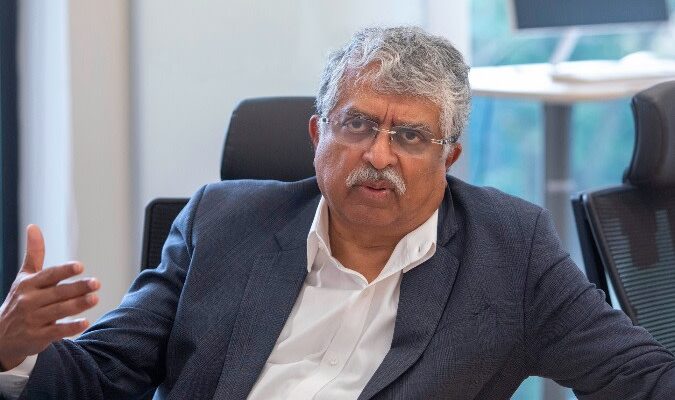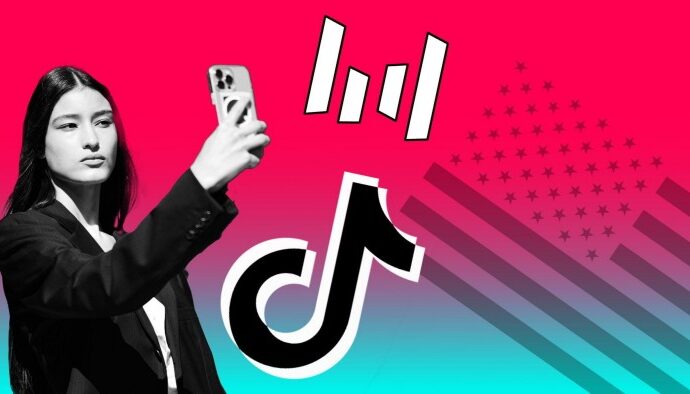
China has formally invited President Donald Trump to Beijing for a summit with President Xi Jinping, but the White House has not yet responded as the countries are still far apart on trade issues and the flow of fentanyl.
Treasury secretary Scott Bessent will on Sunday meet Chinese vice-premier He Lifeng in Madrid for a fourth round of negotiations that some hope will pave the way for Trump to visit Beijing just before the October 31 Asia-Pacific Economic Cooperation forum in South Korea.
In recent days, two US cabinet officials — secretary of state Marco Rubio and defence secretary Pete Hegseth — have spoken to their Chinese counterparts, raising speculation about a meeting between the presidents.
But insufficient progress in the US-China talks have reduced the odds of a Beijing summit and made it more likely that Trump and Xi will hold a lower profile meeting at Apec, according to people familiar with the situation.
Sarah Beran, a former top White House China official, said the calls and Madrid meeting were “clear preparations for a leader-level meeting” but it was unclear where the leaders would meet.
“There are likely still contradictory views on whether Trump and Xi should meet in Beijing or at Apec,” said Beran, now a partner at the consultancy Macro Advisory Partners. “On top of this, Beijing is still trying to work out what the Trump Administration wants — a real deal, perpetual negotiations, or a photo op in Beijing?”
One person familiar with the talks said a big stumbling block was US frustration at Beijing for not cracking down on the export of chemicals used to make Fentanyl, a deadly synthetic opioid.
Beijing has offered to take action, but only in tandem with the US eliminating Fentanyl-related tariffs that Trump imposed on China. The US insists that China should take action and show results before any tariff relief.
Ryan Hass, a China expert at the Brookings Institution, said the rational for a Beijing summit was “eroding” with a lack of breakthroughs in the talks.
“It is unlikely Beijing will want to provide pomp that exceeds his 2017 visit, and President Trump will be wary of being seen as the after-dinner mint to Beijing’s recent wave of high-level visits by Russian President Vladimir Putin and North Korean leader Kim Jong Un,” said Hass, who added there was still “compelling logic” for a meeting at Apec.
Wendy Cutler, vice-president of the Asia Society Policy Institute, said it did not appear that the US and China had enough time to reach a trade deal that could justify Trump travelling to Beijing. “It is more likely that they will meet at Apec and announce a series of deliverables but not a trade deal.”
Gabe Wildau, a China expert at Teneo, said Trump enjoyed the pomp of high-profile visits, but it was hard to see him visiting China without a deal. “The pageantry of a state visit would seem hollow if it produced few substantive deliverables.”
But Dennis Wilder, a former top White House China official, said it was more likely that Trump and Xi would meet in Beijing.
“Trump would almost certainly prefer a summit in Beijing to counter the recent images of the warm welcome of Putin and Kim,” said Wilder. “A meeting on the sidelines of Apec would be too reminiscent of the Biden-Xi meeting on the margins of last year’s Apec summit in San Francisco.”
Recent developments have also cast doubt on whether the pieces will fall into place for a summit in Beijing. Trump on Saturday urged Nato countries to impose 50-100 per cent sanctions on China to pressure Beijing to stop it buying oil from Russia. That came days after he urged the EU to impose a 100 per cent levy on imports from China.
The US on Friday also put Chinese groups on an export blacklist. Critics said the action was weaker than it appeared and had loopholes, but it was another example of export controls that China has been lobbying against.
One former US official said the EU was unlikely to agree to the push for significant tariffs on China but that any such deal would be a “potential spoiler” for a possible summit in Beijing. He added that while China wanted a meeting in Beijing, they will not offer “presents” to convince Trump to come. But he noted that Beijing had signalled it could arrange a summit in a few days even if a Trump decision came at the last minute.
“The Chinese are willing to host without conditions, but so long as parts of the administration say a fentanyl package must be implemented first the US will remain the obstacle to a visit,” said the former official.
In another complication, China on Saturday announced an anti-dumping investigation into certain US chips that Global Times, the state-run tabloid, said was related to export controls that Washington has imposed on China.
Former Chinese ambassador Cui Tiankai visited Washington this week on a mission to improve the chances of a summit in Beijing, according to people familiar with his visit. Unlike some of his previous visits this year, Cui managed to secure meetings with administration officials, they said.
One person familiar with discussions in Beijing said there was talk of a possible visit by Rubio to set the stage for a summit in the Chinese capital. But they said any sudden move against China could easily lead Beijing to cancel any Rubio meeting or Trump visit.
A White House official said Trump had “expressed his openness” to meeting Xi but said they had no announcements about a potential meeting. The Chinese embassy in Washington declined to comment.
Evan Medeiros, a China expert at Georgetown University, said whether Trump would go to Beijing would be a “very close call in the history of close calls” and would “depend on Trump and come down to the last minute”
“The decision will be a struggle between Trump’s desire for deliverables versus his desire to be feted by the Chinese.”


